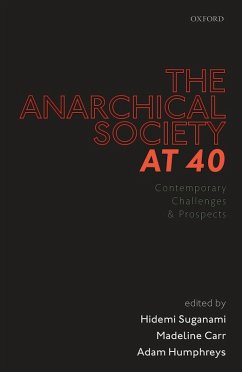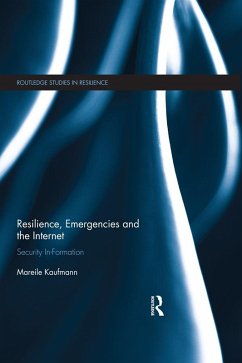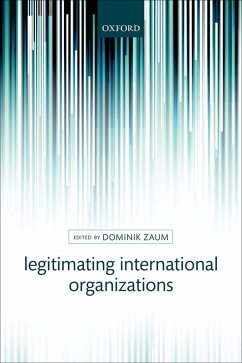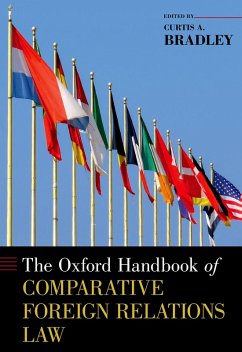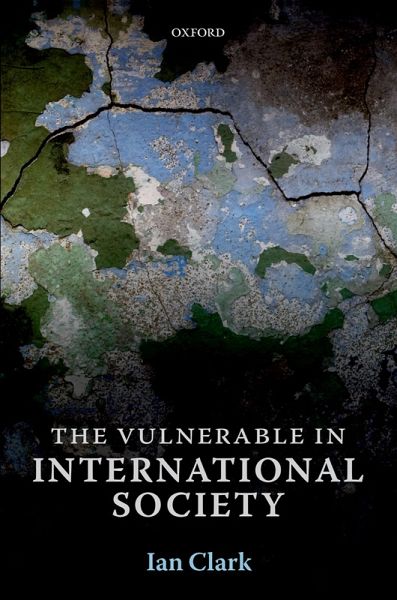
The Vulnerable in International Society (eBook, PDF)
Versandkostenfrei!
Sofort per Download lieferbar
16,95 €
inkl. MwSt.
Weitere Ausgaben:

PAYBACK Punkte
8 °P sammeln!
Who are the vulnerable, and what makes them so? Through an innovative application of English School theory, this book suggests that people are vulnerable not only to natural risks, but also to the workings of international society. This replicates the approach of those studies of natural disasters that now commonly present a social vulnerability analysis, showing how people are differentially exposed by their social location. Could international society have similar effects? This question is explored through the cases of political violence, climate change, human movement, and global health. Th...
Who are the vulnerable, and what makes them so? Through an innovative application of English School theory, this book suggests that people are vulnerable not only to natural risks, but also to the workings of international society. This replicates the approach of those studies of natural disasters that now commonly present a social vulnerability analysis, showing how people are differentially exposed by their social location. Could international society have similar effects? This question is explored through the cases of political violence, climate change, human movement, and global health. These cases provide rich detail on how, through its social practices of the vulnerable, international society constructs the vulnerable in its own terms, and sets up regimes of protection that prioritize some forms at the expense of others. What this demonstrates above all is that, even if only a 'practical' association, international society inevitably has moral consequences in the way it influences the relative distribution of harm. As a result, these four pressing policy issues now present themselves as fundamentally moral problems. Revising the arguments of E. H. Carr, the author points out the essentially contested normative nature of international order. However, instead of as a moral clash between revisionist and status quo powers, as Carr had suggested, the problem is instead one about the contested nature of vulnerability, insofar as vulnerability is an expression of power relations, but also gives rise to a moral claim. By providing a holistic treatment in this way, the book makes practical sense of the vulnerable, while also seeking to make moral sense of international society.
Dieser Download kann aus rechtlichen Gründen nur mit Rechnungsadresse in A, B, BG, CY, CZ, D, DK, EW, E, FIN, F, GR, HR, H, IRL, I, LT, L, LR, M, NL, PL, P, R, S, SLO, SK ausgeliefert werden.





